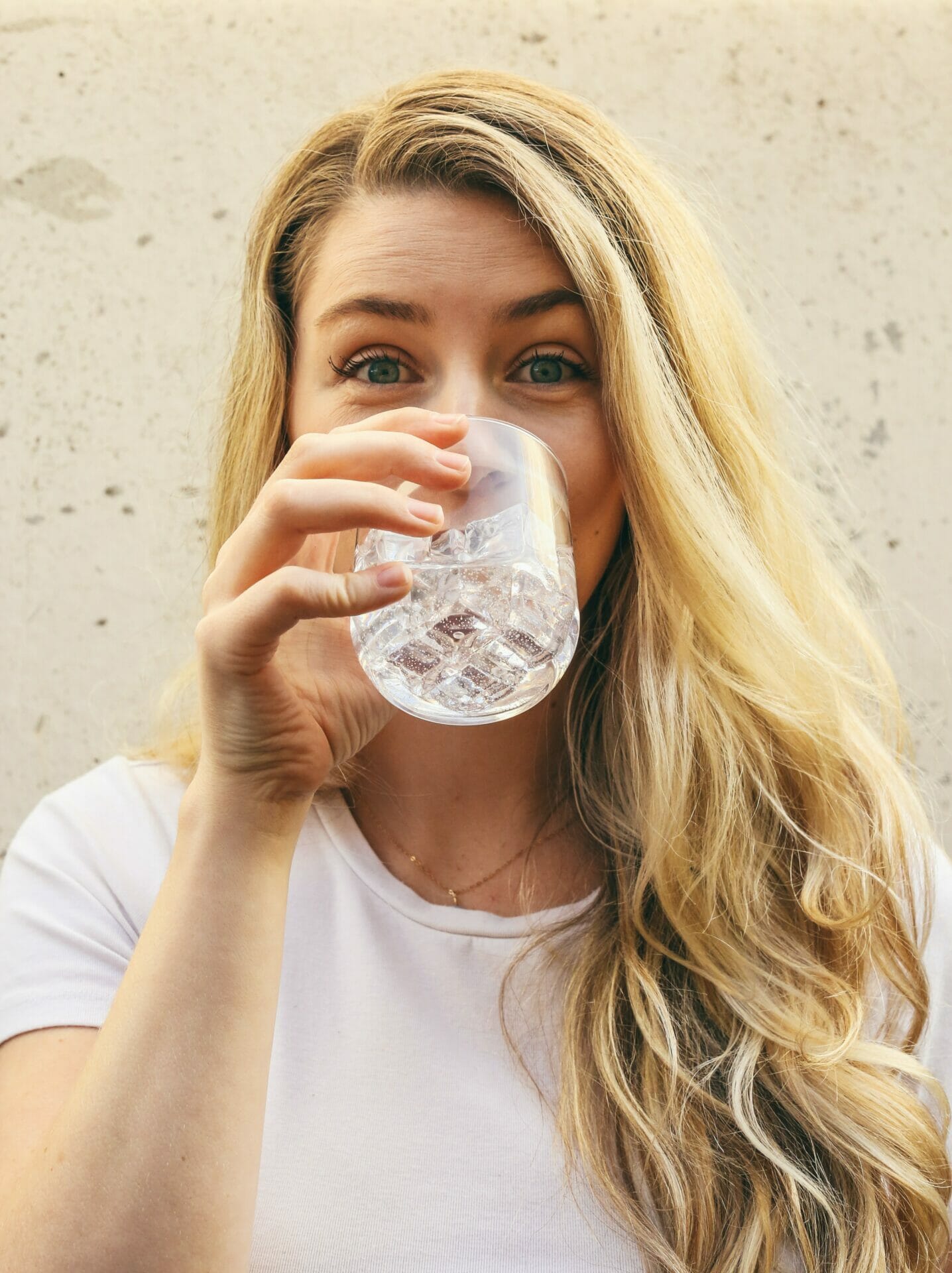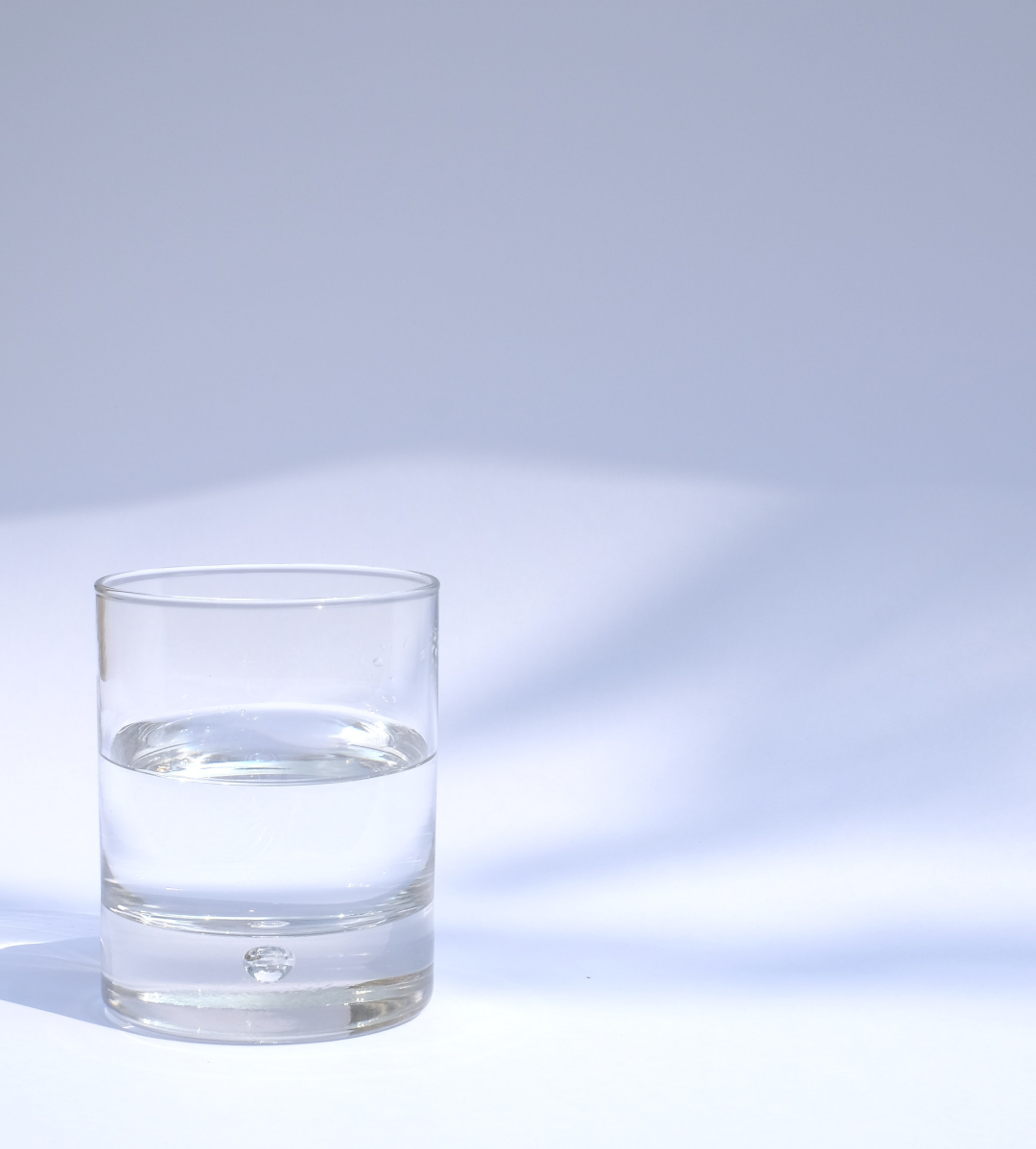It can feel like alcohol is an inescapable part of celebrating, whether it’s at a packed holiday party or as part of coping with greater isolation during our most recent festive season. No matter how you rang in 2021, Dry January is an increasingly popular time to take a break from drinking and gain a fresh perspective for the new year.
Here’s how to mindfully approach your own Dry January so that you get the most out of it while also giving yourself the self-love and pat on the back you deserve for taking the time and energy to invest a bit more in your own health.
Focus on your overall relationship with alcohol
Though you might experience some physical changes by not drinking alcohol for a month, the benefits of some time off are more related to your emotional and mental health.
Think of Dry January as a 31-day reset. Rather than looking at it as a detox or period of drying out so that you can go back to doing exactly what you were before, frame it in your mind as just an opportunity to see how drinking less makes you feel. The real benefit is to examine how you drink, how it potentially changes you, and if there are any negative effects you’re really concerned about.
Regular or excessive drinking has a long list of documented negative impacts. If you have a family history or are living with certain conditions, then you want to be particularly aware of the amount you drink and how it impacts your health. Some of the most common effects of alcohol are high blood pressure, high cholesterol, disrupted sleep, and an increase in risk for certain diseases, including breast cancer, heart disease, stroke, and liver disease.
Dry January can be any time or length you want
First off, don’t feel pressured by the notion of having to specifically not drink from the first to the last day of January. The idea here isn’t to be perfect in any way — it’s to examine your own personal habits and any feelings that come up from the lack of alcohol.
Though Dry January has become a popular time to drink less, It isn’t really about an arbitrary length of time. Drinking less for a week is better than never doing it at all. If you feel good aiming for a month, that’s great, too. So would be three months, or two weeks, or whatever time frame you think you can accomplish.
The act of trying it out is what matters, not the length of time that you do it for.
Cutting Back on Alcohol

Think of drinking less as an experiment, not a deprivation
When it comes to any habit change, temporary or permanent, our attitude toward it is crucial. Know that we’re naturally wired to want to reward ourselves, and alcohol can feel like a big part of something we need to feel better, treat ourselves or wind down.
Try to come at your Dry January with an open mind and attitude of curiosity. If you’re doing this at all it’s probably because you’re wondering how your drinking habits are affecting your physical and mental health. Try it out and see what thoughts and feelings arise in you.
- Try not to judge yourself harshly if you find it harder than you might have thought to drink less.
- Approach your reactions with a curious, open-minded attitude. Notice what happens without labeling it or beating yourself up about it.
- Remember this is an experiment that you’re choosing, not a punishment or reaction for having drunk too much in the past.
- If you’re doing Dry January with your partner or friends, don’t compare your experience with theirs. Everyone’s reaction will be unique and individual.
- Don’t abandon the entire experiment if you end up having one or two drinks. Obviously, it’s ideal to not drink for the entire time goal you set for yourself and that should be your goal. But you’ll still see changes and get benefits from a significant reduction in alcohol during Dry January even if you’re not 100% consistent.
A little preparation goes a long way
Changing habits anytime is hard, so setting yourself up for Dry January success with some prep can put you on the right foot.
- The easiest way to avoid drinking is to not have any alcohol in your home. If you’ve got a stocked bar or wine rack, try boxing it all up and putting it away somewhere that you won’t see it regularly.
- Try to avoid making plans where others will be drinking around you or where you’ll be tempted to break your Dry January.
- One of the tricky parts of drinking less is that many of us associate it with reward, celebration or relaxation. Check out our mocktail recipe book from The Well for tasty non-alcoholic treats that you can sub in anytime you wish you had a drink to unwind or for a special moment.
Keep a Dry January journal to track your reactions
An important aspect of your non-drinking experiment will be how it makes you feel and to notice what shifts and changes happen.
If you already have a regular journaling or self-reflection habit, add your Dry January thoughts to it and include what you experience.
If you don’t, then once a week take a few minutes to answer these questions. Compare and track what you notice during the course of the month.
- How do you feel? Are there any ways you feel better?
- Are there any challenges? Does anything about drinking less make you feel bad?
- Do you miss anything? If so, what?
- Did you gain anything? If so, what?
- Did you save money or notice any financial changes?
- Did you notice any changes with your family or loved ones?
At the same time, you might notice some positive physical and mood changes. Keep an eye out for any of these and note down or journal how they make you feel:
- Improved, longer sleep
- Feeling more refreshed and energetic when you wake up
- Better, more regular digestion
- Reduced anxiety
- More balanced skin
- Improved concentration
- Overall happier, calmer moods and fewer mood swings
Seek help if you have any severe reactions
If you’re a casual or moderate drinker you should be able to head into a Dry January with few issues. If you notice any of the following, you might be having more serious withdrawal symptoms that could be signs of alcohol abuse.
Chat real-time with a registered nurse to get personalized guidance if you notice:
- Severe anxiety
- Shaky hands
- Headaches
- Nausea
- Vomiting
- Insomnia
- Unusual sweating
- Confusion
- Racing heartbeat






